 Shutterstock
Shutterstock
A dog’s wet nose is a characteristic many pet owners notice, but few truly understand its importance. It’s not just a random feature—it’s vital to a dog’s overall well-being. A wet nose enhances their sense of smell, allows them to detect subtle environmental changes, and even helps with temperature regulation. This moisture is essential in everything from keeping their nose healthy to improving their ability to track scents. Understanding the reasons behind a dog’s wet nose reveals its importance to their everyday functions.
Enhances Sense of Smell
 Shutterstock
Shutterstock
A dog’s wet nose plays a significant role in enhancing their sense of smell, which is already far superior to that of humans. The moisture on their nose helps trap scent particles in the air, allowing them to detect smells more effectively. This ability is critical for dogs, whether they are tracking prey in the wild or simply sniffing out food in the kitchen. A wet nose allows scent molecules to adhere to the surface, giving the dog’s olfactory senses a greater opportunity to process and interpret different smells.
Temperature Regulation
 Shutterstock
Shutterstock
Dogs don’t sweat like humans, but their wet nose helps regulate their body temperature. The moisture on their nose can evaporate, providing a cooling effect that helps them stay comfortable in warmer weather. While dogs primarily regulate their temperature through panting, their wet nose provides an additional cooling mechanism, particularly useful on hot days. This is one of the reasons why you might notice your dog’s nose becoming wetter in warm conditions, as it helps them manage the heat more effectively.
Detects Air Movement
 Shutterstock
Shutterstock
Another crucial reason why dogs have wet noses is to detect changes in air movement. A moist nose is more sensitive to even the slightest airflow changes, allowing dogs to sense things like the direction of a breeze or the presence of another animal nearby. This heightened ability to detect air movement is especially useful for dogs in tracking or hunting scenarios, where understanding environmental changes can help them locate prey or avoid potential danger.
Aids in Taste
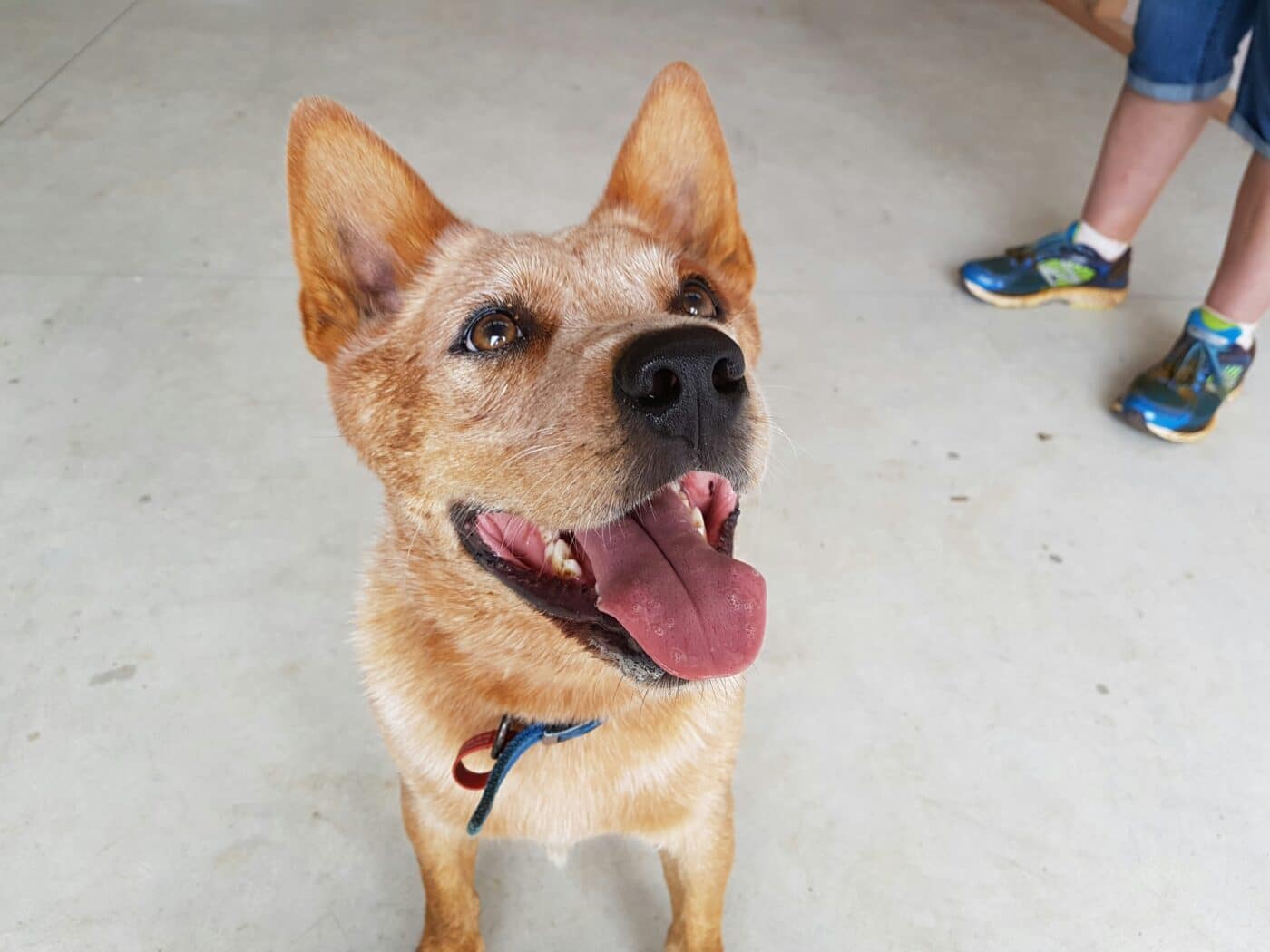 Shutterstock
Shutterstock
Dogs rely heavily on their sense of smell to interpret the world around them, which extends to how they taste food. A wet nose enhances their ability to detect the chemical makeup of different scents, which also influences how they perceive taste. While a dog’s sense of taste isn’t as refined as a human’s, their wet nose allows them to better differentiate between different foods based on smell, which enhances their overall eating experience.
Keeps the Nose Healthy
 Shutterstock
Shutterstock
The moisture on a dog’s nose helps maintain its health by keeping it soft and pliable. A dry nose can lead to cracking or irritation, making it uncomfortable for the dog. By keeping their nose wet, dogs can prevent such issues, ensuring that their sense of smell remains sharp and their nose stays in good condition. This natural moisture barrier protects the nose from environmental elements, such as dirt or bacteria, that could potentially cause infections or irritations.
Helps Dogs Track Scents
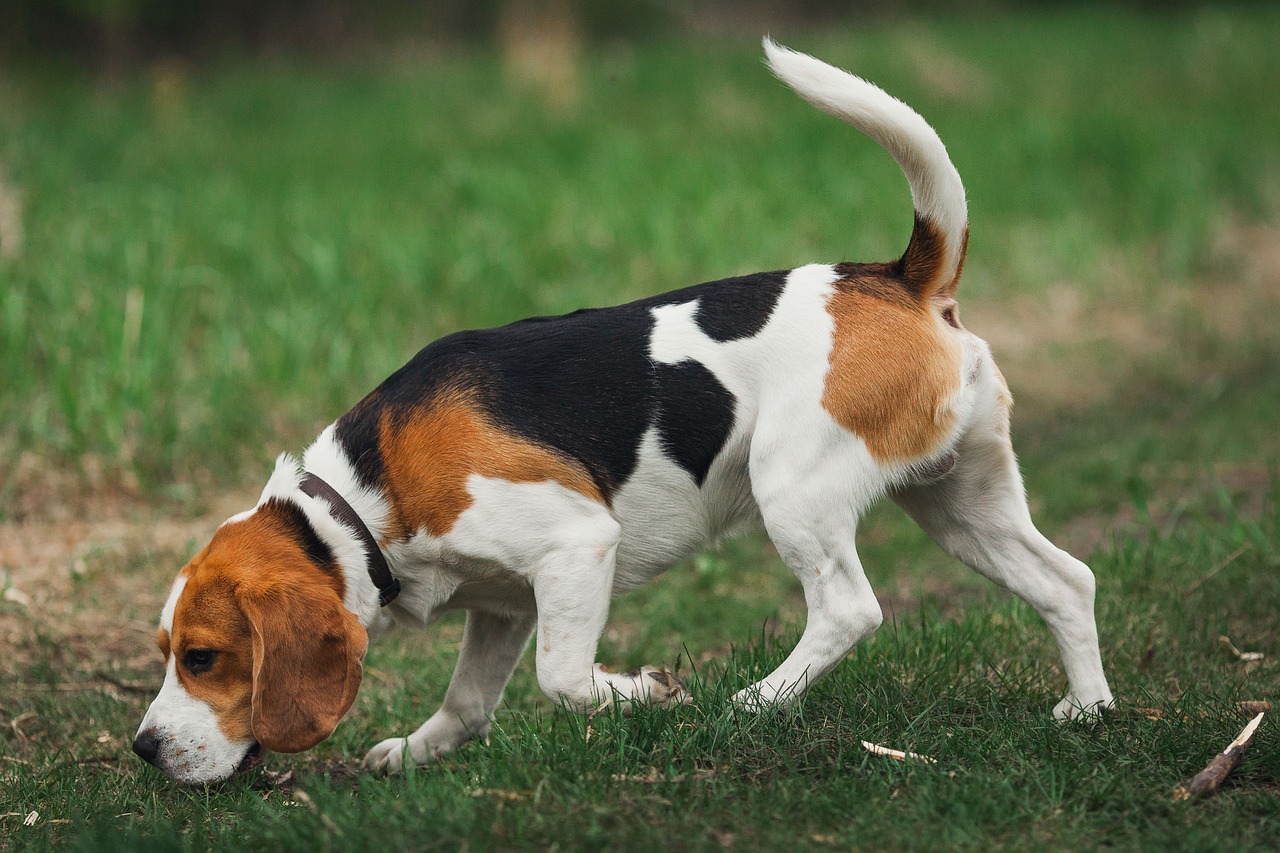 Shutterstock
Shutterstock
When dogs are tracking a scent, their wet nose lets them pick up on even the faintest smells left behind. Whether they are following another animal, a person, or an object, the moisture on their nose enhances their ability to detect and follow scent trails. This is why many working dogs, such as police or search-and-rescue dogs, have an advantage due to their wet noses. It helps them locate people, substances, or objects more effectively, making them invaluable in these roles.
Reflects Hydration Levels
 Shutterstock
Shutterstock
A dog’s nose can also be an indicator of their hydration levels. Typically, a well-hydrated dog will have a wet, moist nose, while a dry nose might signal dehydration. Monitoring the moisture level of your dog’s nose can provide clues about their overall hydration and health status. While a dry nose doesn’t always mean something is wrong, it can be a sign that your dog needs more water or is in an environment that is too dry for them.
Helps Absorb Scents
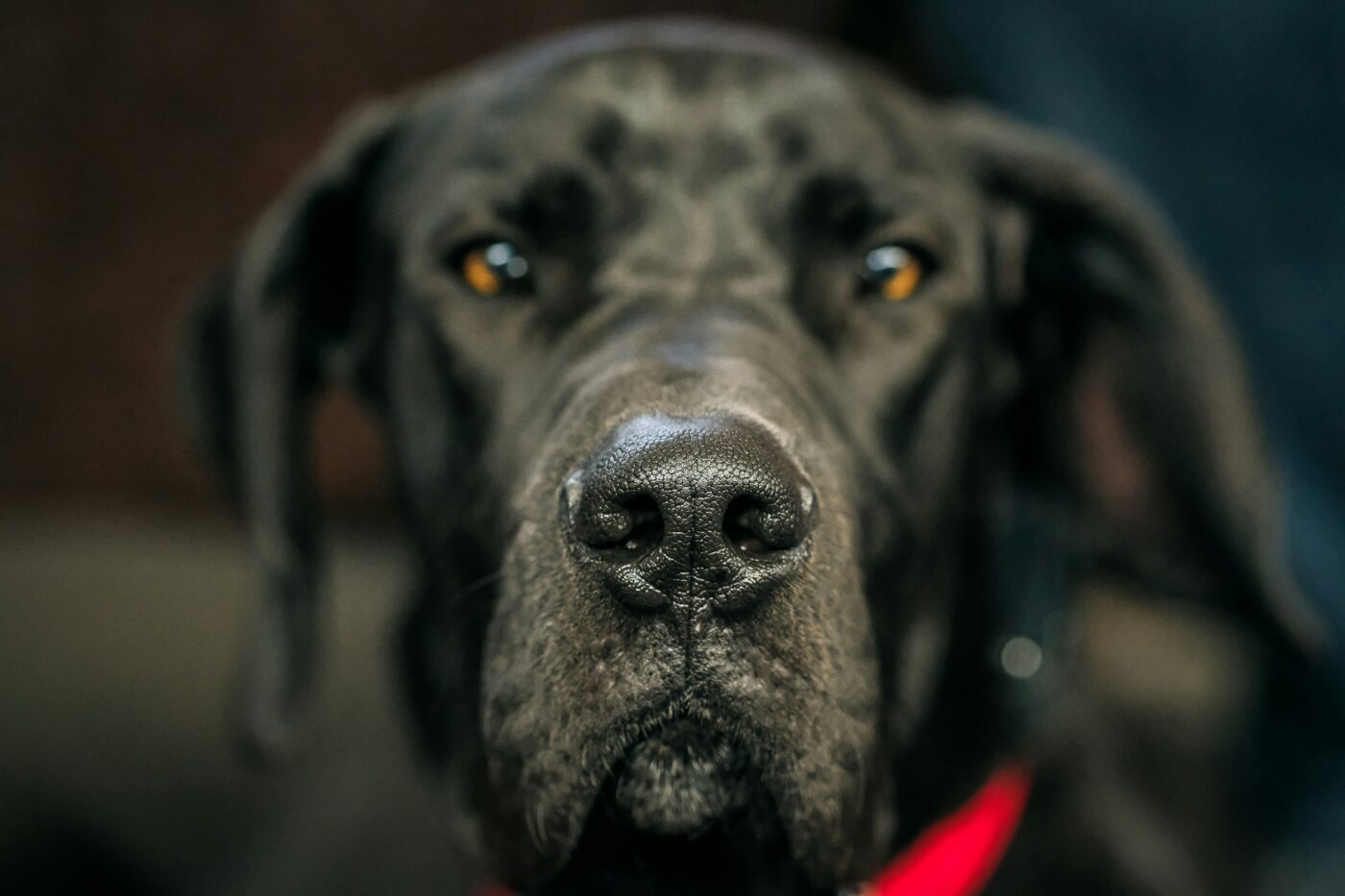 Shutterstock
Shutterstock
Dogs’ wet noses are crucial for absorbing scent molecules, which is vital for their acute sense of smell. The moisture on their nose helps capture these molecules and transfer them to the olfactory receptors inside their nose. This process allows dogs to analyze scents more efficiently and accurately, enhancing their ability to detect and identify different smells in their environment. Whether they are using their nose to explore a new place or locate something specific, the moisture on their nose is essential for scent absorption.
Keeps the Mucus Layer Active
 Shutterstock
Shutterstock
The thin layer of mucus on a dog’s nose helps trap scent particles and aids in their sense of smell. This mucus layer must stay moist to function properly, and a wet nose ensures that it remains active. When the mucus layer dries out, it can reduce the dog’s ability to pick up scents, which is why their body naturally produces moisture to keep the nose wet. This mucus layer is crucial for maintaining the health and functionality of a dog’s olfactory system.
Helps Identify Illness
 Shutterstock
Shutterstock
A dog’s nose can also reflect their health, with a dry or cracked nose sometimes indicating underlying issues. While not always a sign of illness, a consistently dry nose could be an indicator that something is wrong, such as an infection, fever, or dehydration. Veterinarians often check the condition of a dog’s nose during health assessments because it can provide clues about their overall well-being. A wet, healthy nose typically signals that everything is functioning properly.
Enhances Nighttime Navigation
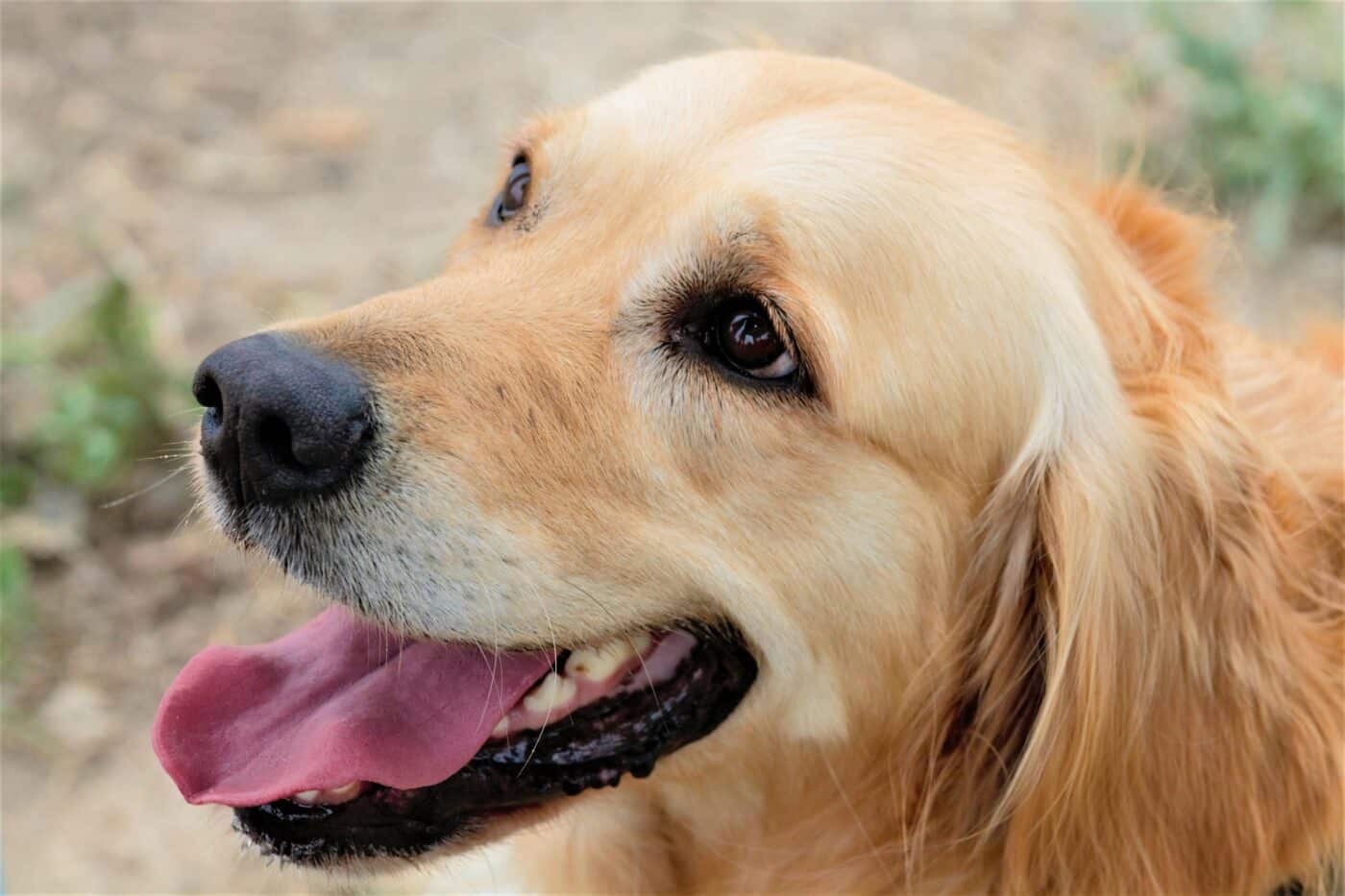 Shutterstock
Shutterstock
Dogs rely on their heightened senses to navigate the world, and their wet noses help them detect scents even in low-light conditions. The moisture on their nose enhances their ability to pick up scent particles, which is particularly useful at night when visibility is reduced. This heightened sense of smell allows dogs to continue exploring their environment, tracking scents, and identifying objects even in the dark, making their wet nose a crucial tool for nighttime navigation.
Serves as a Sign of Comfort
 Shutterstock
Shutterstock
Dogs often lick their noses to keep them moist, which can also signify comfort or relaxation. A wet nose is a normal part of a dog’s daily life, and licking it is a way for them to self-soothe and stay comfortable. You might notice your dog licking its nose after a nap or when it is content, as it helps it maintain the moisture level that is so important for its overall health and functionality.
Protects Against Bacteria and Irritants
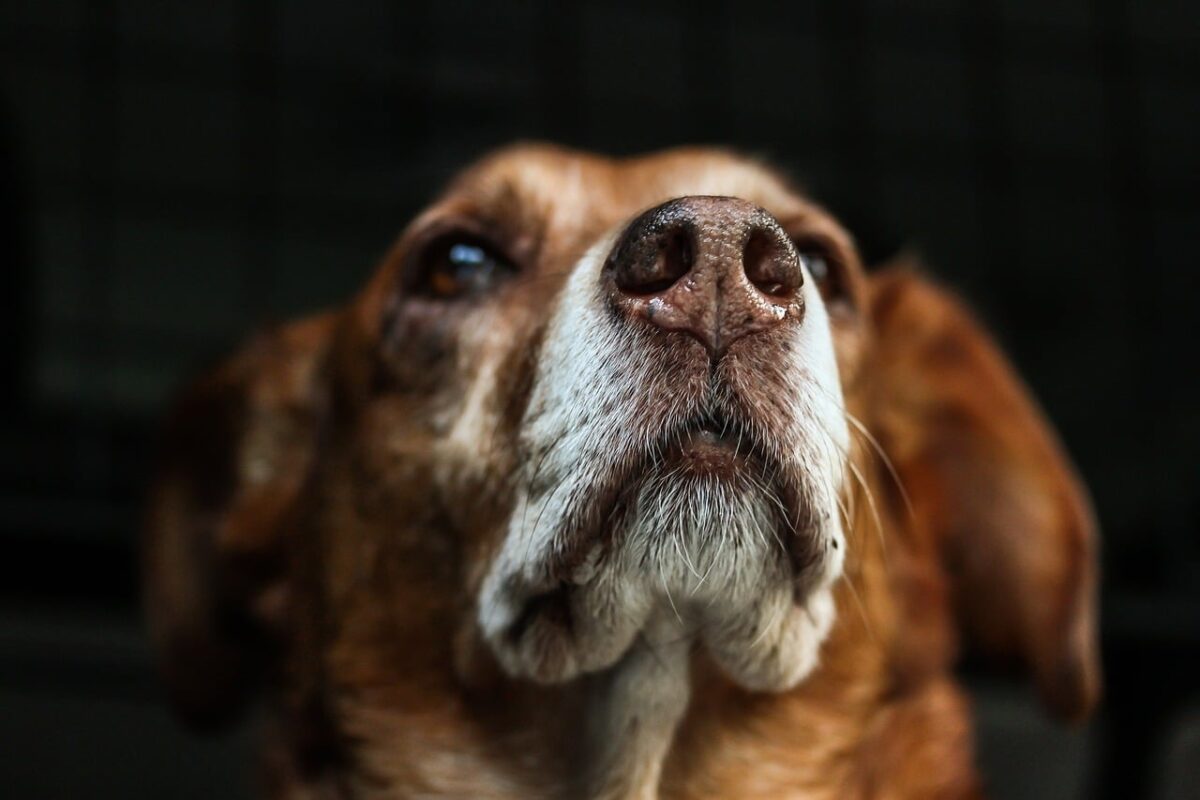 Shutterstock
Shutterstock
A dog’s wet nose helps trap bacteria, dirt, and other environmental irritants that could potentially harm them. The moisture is a barrier, preventing harmful particles from entering their nasal passages. This protective function helps keep a dog’s nose clean and free from debris that could cause infections or respiratory issues. By keeping their nose wet, dogs have an extra layer of defence against harmful substances they might encounter daily.
Supports Pheromone Detection
 Shutterstock
Shutterstock
A dog’s wet nose also plays a role in detecting pheromones, which are chemicals released by other animals that convey important information. Dogs use their noses to detect these pheromones, which can tell them about another animal’s identity, reproductive status, or territory. A wet nose helps them pick up on these chemical signals more effectively, enhancing their ability to communicate and interact with other animals. This is especially important in social and mating behaviors, where pheromone detection is key.
Supports Communication
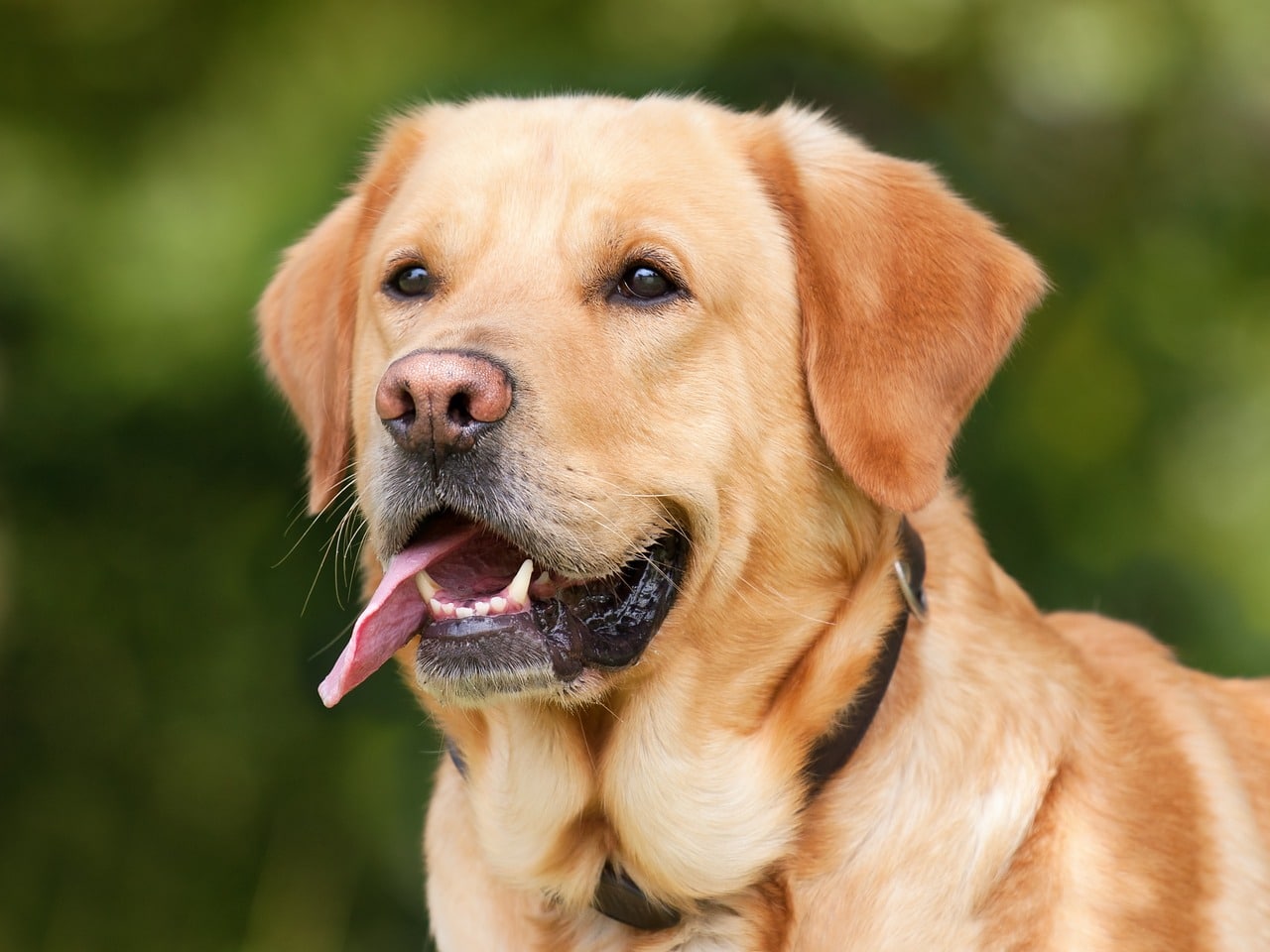 Shutterstock
Shutterstock
In addition to detecting pheromones, a dog’s wet nose plays a role in their overall communication. Dogs use their sense of smell to gather information about their environment and other animals, and a wet nose enhances this ability. By keeping their nose moist, dogs can better communicate with their surroundings, whether through scent marking, identifying other animals, or understanding the signals left by other dogs. This heightened sense of smell is an essential part of how dogs perceive the world and communicate with each other.
The Importance of a Wet Nose
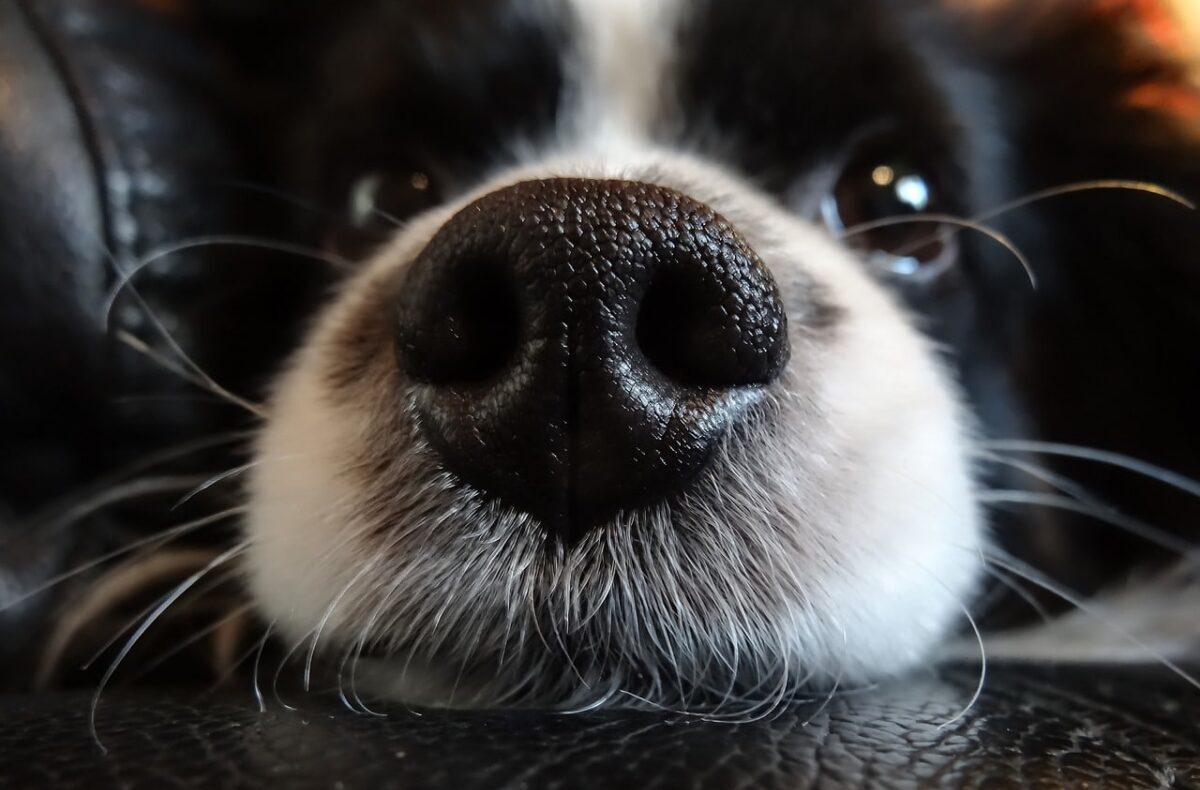 Shutterstock
Shutterstock
A dog’s wet nose is more than just an endearing feature—it’s essential for their health and well-being. From enhancing their sense of smell to regulating body temperature, a wet nose supports many vital functions. Whether it’s helping them track scents, stay hydrated, or navigate their environment, a dog’s wet nose plays a key role in their ability to thrive. Understanding the reasons behind this trait allows us to appreciate the remarkable biology that helps dogs excel in so many aspects of their daily lives.
 Toledo, United States.
Toledo, United States.